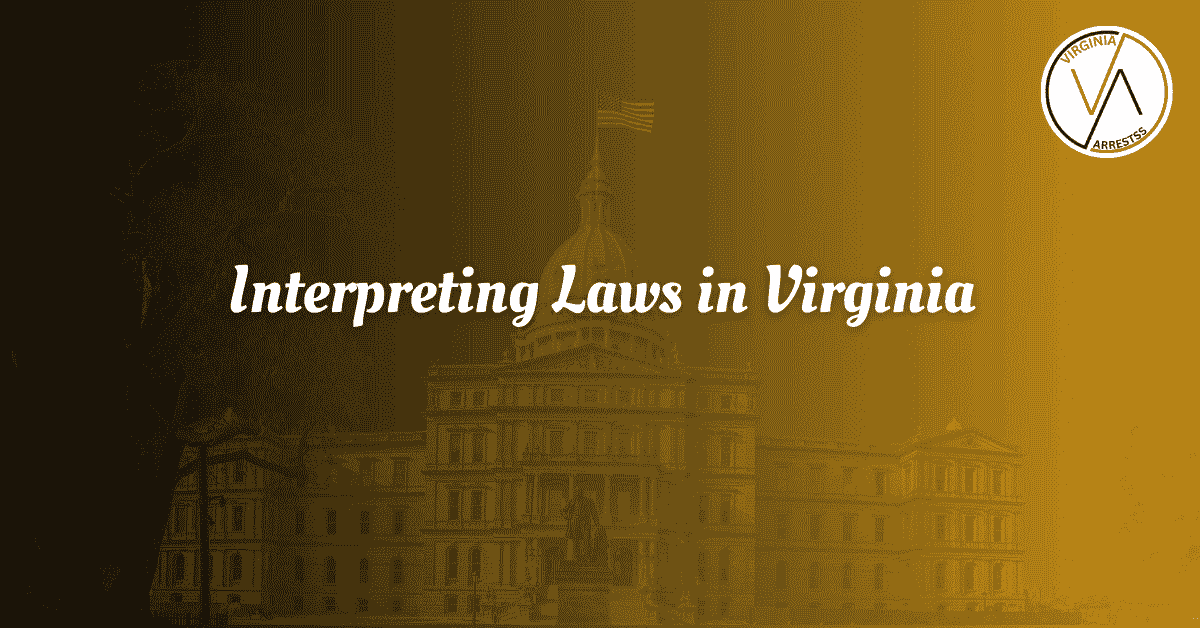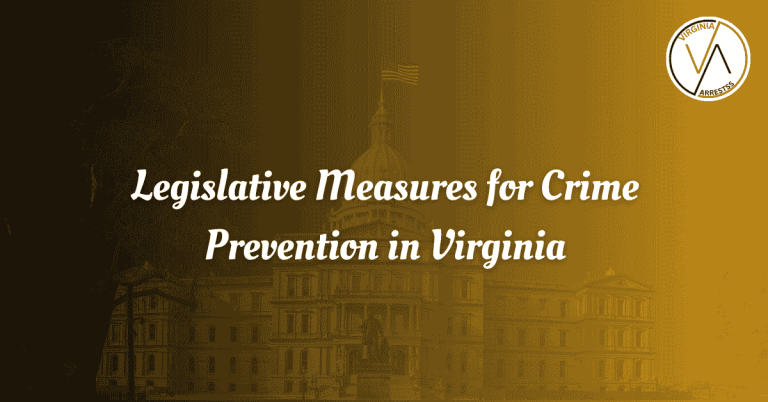Interpreting Laws in Virginia
Interpreting laws in Virginia involves a careful examination of the legal statutes and regulations that govern the state. From traffic laws to property rights, understanding the intricacies of these laws is essential for residents and visitors alike. By familiarizing oneself with the legal framework in Virginia, individuals can navigate various situations with confidence and clarity.
Legal experts in Virginia play a crucial role in interpreting and applying the laws that shape our society. Through their knowledge and expertise, they help individuals and organizations navigate complex legal issues and ensure that justice is served. By staying informed about the laws in Virginia, individuals can protect their rights and make informed decisions in various legal matters.
Virginia’s Legal Landscape
Virginia’s legal landscape is a complex tapestry of statutes and regulations that govern various aspects of life in the state. From business laws to family regulations, Virginia has a wide array of legal frameworks that impact residents on a day-to-day basis.
Overview of Statutes and Regulations
Virginia’s legal system is based on a combination of statutory law and common law principles. Statutes are laws passed by the state legislature, while regulations are rules created by government agencies to implement those statutes. Understanding the interplay between statutes and regulations is crucial for navigating the legal landscape in Virginia.
Key Areas of Legal Focus
Some key areas of legal focus in Virginia include business law, real estate law, family law, and criminal law. Each of these areas has its own set of statutes and regulations that govern behavior and interactions within that specific domain.
Importance of Legal Knowledge for Residents
Having a basic understanding of Virginia’s legal landscape is essential for residents to protect their rights and navigate legal challenges effectively. From drafting contracts to resolving disputes, legal knowledge is a valuable tool for individuals and businesses alike.
Historical Context of Virginia Laws
The origins of Virginia’s legal system can be traced back to the state’s colonial past. Influenced by English common law and the legal traditions of the early American colonies, Virginia’s legal system has evolved over time to reflect the changing needs of its residents.
Origins of Legal System in Virginia
Virginia’s legal system was initially based on English common law, which was brought over by the early settlers. Over time, Virginia developed its own unique legal traditions that blended elements of English law with local customs and practices.
Impact of Historical Events on Laws
Historical events, such as the American Revolution and the Civil War, have had a profound impact on Virginia’s legal landscape. These events shaped the development of new laws and legal principles that continue to influence the state’s legal system today.
Evolution of Legal Principles
Over the years, Virginia’s legal principles have evolved to adapt to changing societal norms and values. From the abolition of slavery to the recognition of same-sex marriage, Virginia’s legal system has undergone significant transformations to reflect the needs and beliefs of its residents.
Interpreting Modern Applications
As society evolves, so too must the interpretation of laws in Virginia. Modern applications of legal principles require a nuanced understanding of how traditional laws can be applied in contemporary society.
Applying Traditional Laws in Contemporary Society
One of the challenges of interpreting laws in Virginia is applying traditional legal principles to modern-day scenarios. Judges and legal scholars must carefully consider how historical laws can be adapted to address current issues and challenges.
Role of Technology in Legal Interpretation
Technology has played a significant role in shaping the interpretation of laws in Virginia. From online legal research tools to e-filing systems, technology has revolutionized the way legal professionals access information and interpret statutes and regulations.
Challenges and Opportunities in Legal Interpretation
While legal interpretation in Virginia presents many challenges, it also offers opportunities for innovation and growth. By embracing new technologies and approaches to legal analysis, lawyers and judges can enhance the efficiency and effectiveness of the legal system in Virginia.
Frequently Asked Questions
Find answers to common questions about interpreting laws in Virginia below.
What is the legal age of consent in Virginia?
In Virginia, the legal age of consent is 18 years old. This means that individuals must be at least 18 years old to engage in sexual activity legally.
What are the penalties for driving under the influence (DUI) in Virginia?
In Virginia, the penalties for driving under the influence (DUI) can vary depending on factors such as blood alcohol content (BAC), prior offenses, and whether there was an accident or injury. Penalties can include fines, license suspension, and even jail time.
How does Virginia classify different types of crimes?
Virginia classifies crimes into different categories based on their severity. These categories include felonies, misdemeanors, and infractions. Felonies are the most serious offenses, followed by misdemeanors and infractions.
What are the requirements for obtaining a concealed carry permit in Virginia?
Individuals in Virginia must meet certain requirements to obtain a concealed carry permit, including completing a firearms training course, passing a background check, and paying the necessary fees. It’s important to familiarize yourself with Virginia’s specific laws and regulations regarding concealed carry.
How does Virginia handle cases of domestic violence?
Virginia takes cases of domestic violence seriously and has specific laws in place to protect victims. These laws include protective orders, which can be obtained to keep abusers away from victims. It’s important for victims to seek help from law enforcement or domestic violence shelters if they are in danger.
What are the steps to take if you’re involved in a car accident in Virginia?
If you’re involved in a car accident in Virginia, it’s important to first ensure everyone’s safety and seek medical attention if needed. Then, you should exchange information with the other parties involved, document the scene of the accident, and report the accident to the police. It’s also important to notify your insurance company and consider seeking legal advice if necessary.







